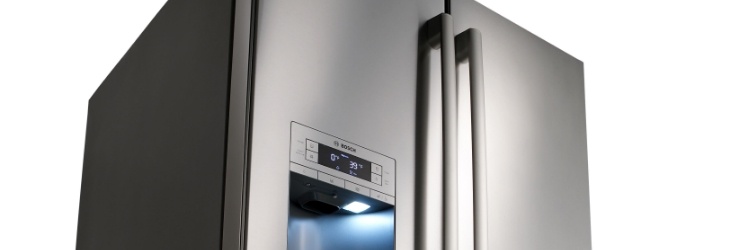How do you determine the value of your property? For example, an old refrigerator just gets noisier and noisier, and needs to be replaced. Would you buy a new one, or try to find a used refrigerator to reduce your out-of-pocket expense?
Would your answer be different if there were an electrical fire, and your insurance company agrees to pay for the cost of a new one? Do you think they would pay what the old clunker was worth at the time of loss, or for a brand new refrigerator?
The standard recovery is Actual Cash Value or ACV. The law defines ACV in several ways. One ACV definition is current fair market value; another is replacement cost less depreciation. An insurance policy written on an ACV basis gives the insurer the contractual right to replace or repair an item after taking into account depreciation.
How does this work in a claim scenario?
Let’s say the refrigerator was only a year old when the fire occurred. The actual cash value of the used refrigerator is less than a brand new one will cost, and if your policy pays based on ACV, the loss payment is less than the cost of a new fridge. If you were expecting to get a brand new fridge, then you’ve been let down by the insurance process.
Not to worry, policy options to the rescue!
You can save yourself this problem if you buy replacement cost coverage on personal and real property. This is known as “new for old.” Of course there are controls on a loss recovery, which are designed to make the claim settlement process fair to you and the insurance company.
Another tool for a fair recovery is inflation protection. This offers an automatic increase in insured property values so years of inflation won’t result in a low recovery at the time of a loss.
Valued Policy, Valued Policy Law, Agreed Value Policy and similar names indicate policies with a special settlement provision. These policies have set amounts you must be paid at the time of a total loss. Most common are collector vehicle policies. The amount to be paid for vehicle theft or destruction is set in the Declarations. In other words, this is a pre-adjusted loss.
Tip. Don’t rely on the terminology for these insurance policies! It is seriously misused. Know your policy. Ask questions about things you don’t understand. Your Insurance Advisor is there to give you answers.
It’s critically important that the value of your property is accurate, and not just your personal property like the refrigerator, office equipment or inventory, but also your real property – your house, your out building or your office.
Tip. Review your insured property values each year. Values change.
If you’d like to learn more, contact one of our Licensed Advisors . We’re here to help.
